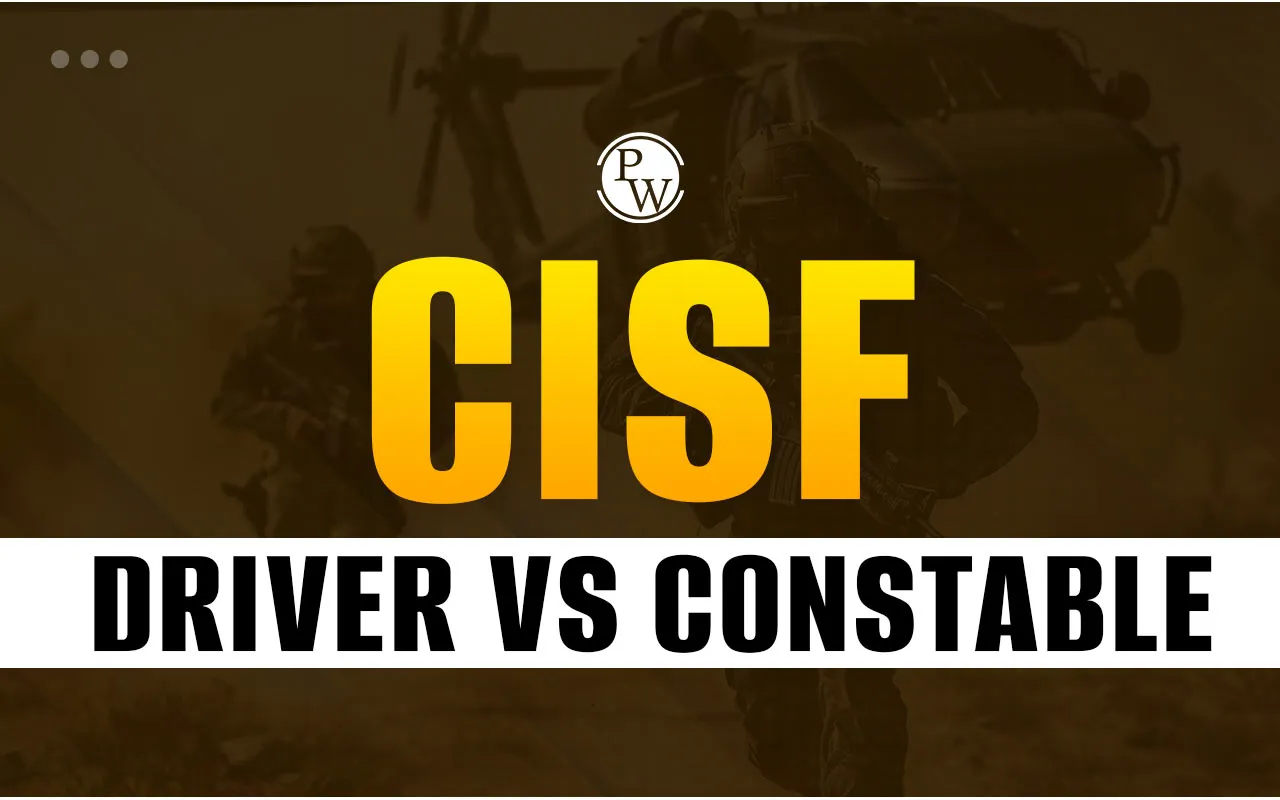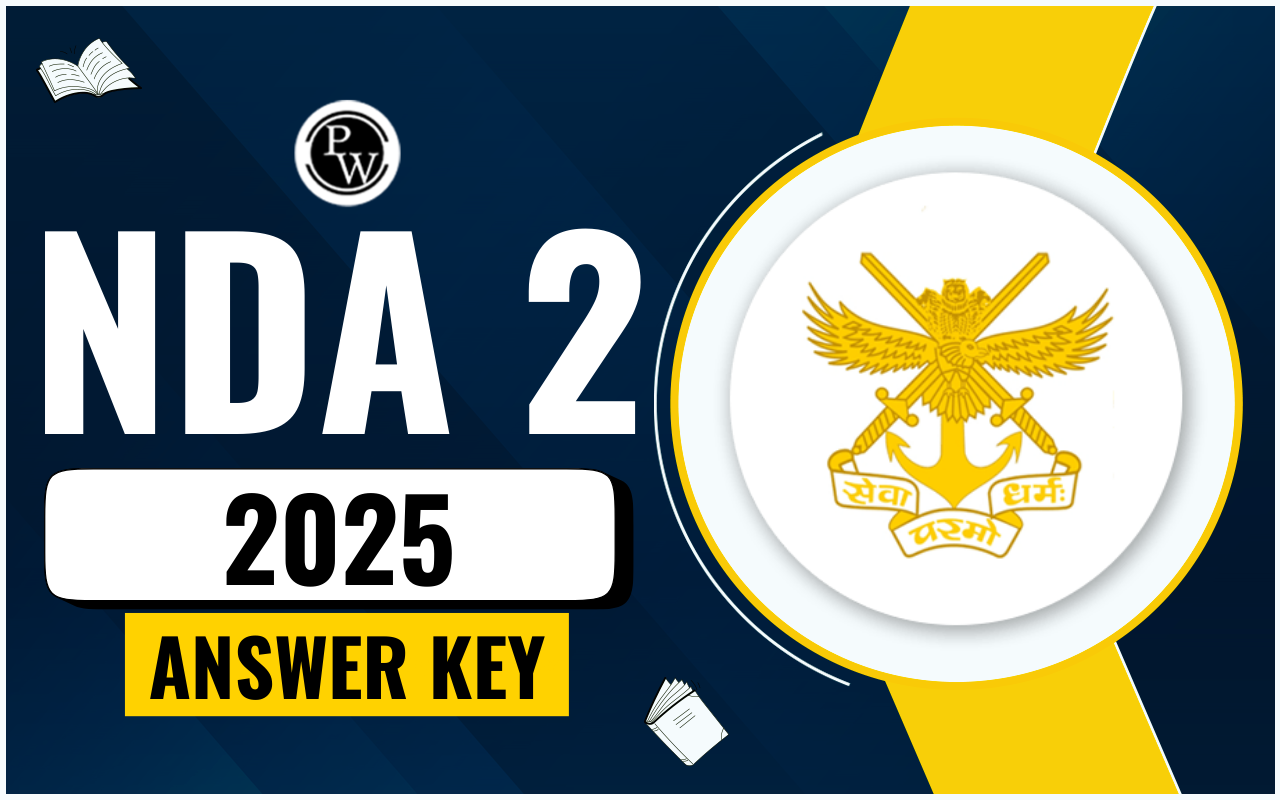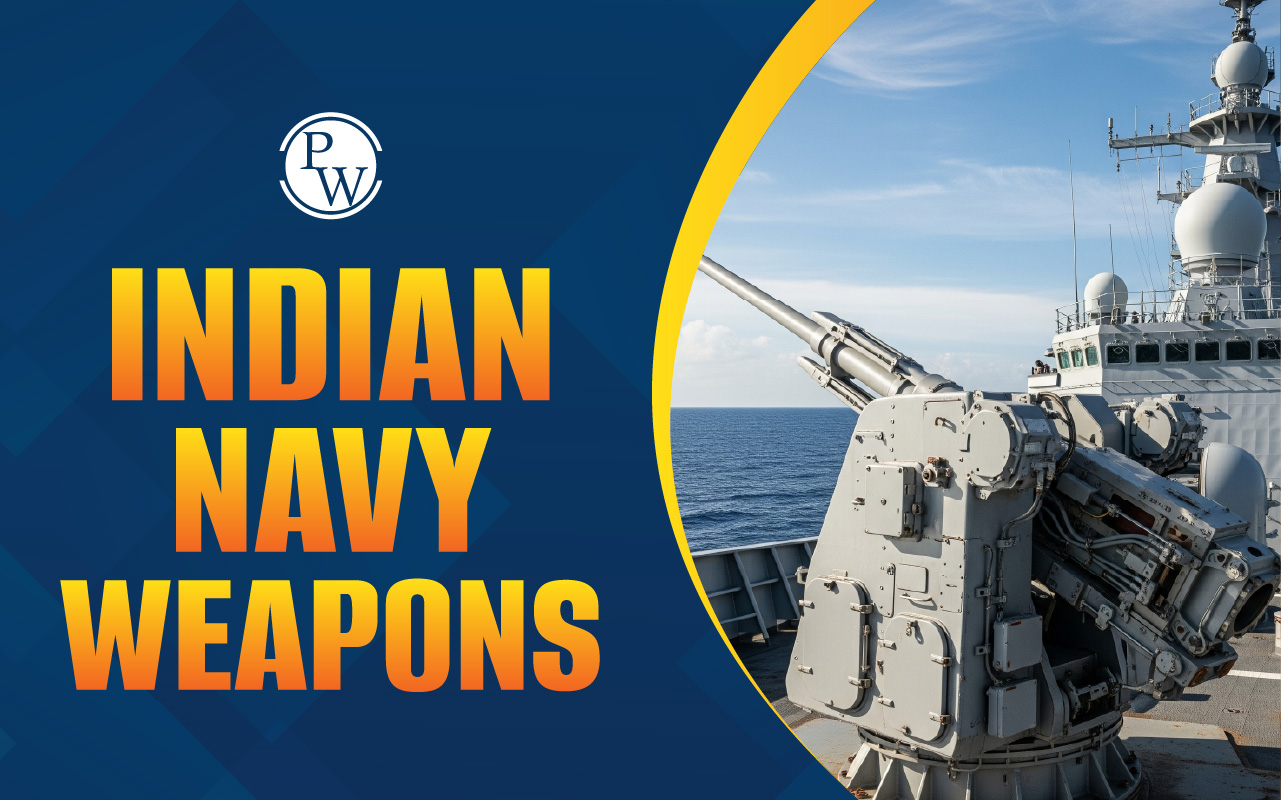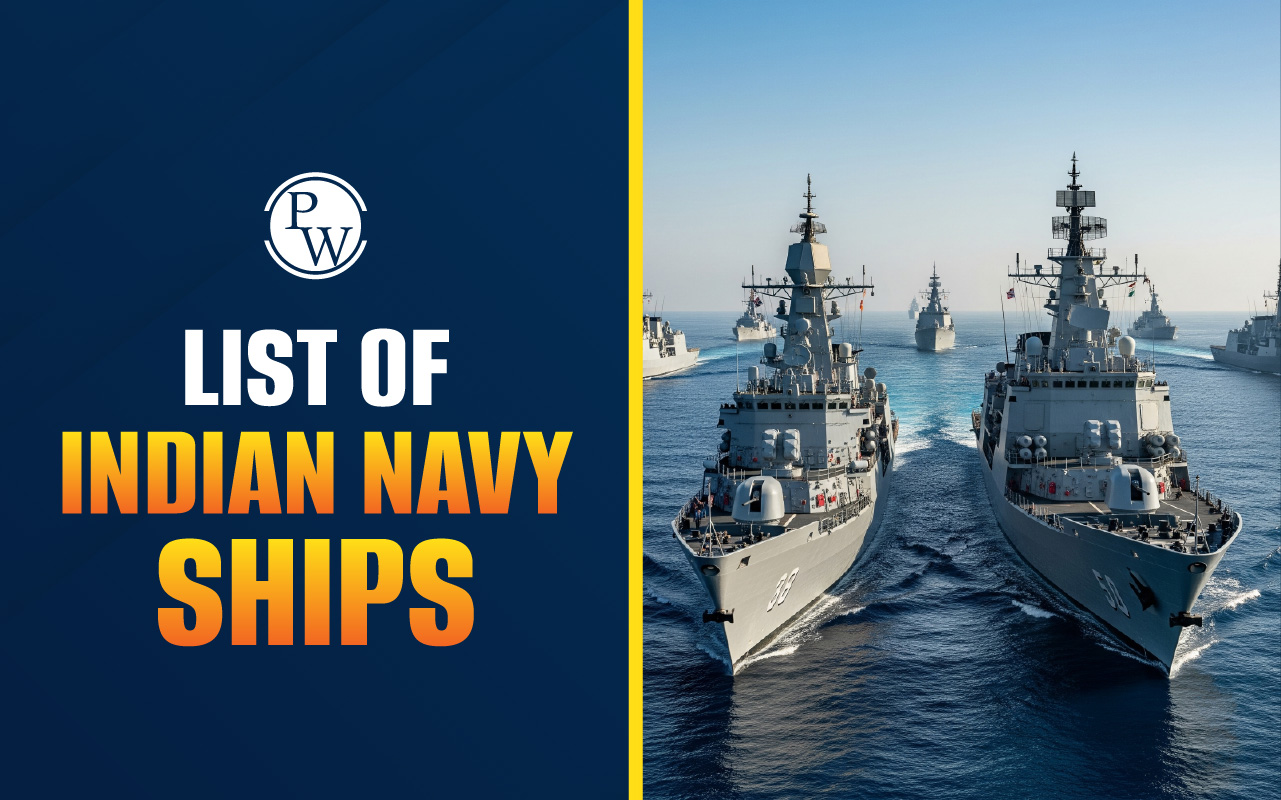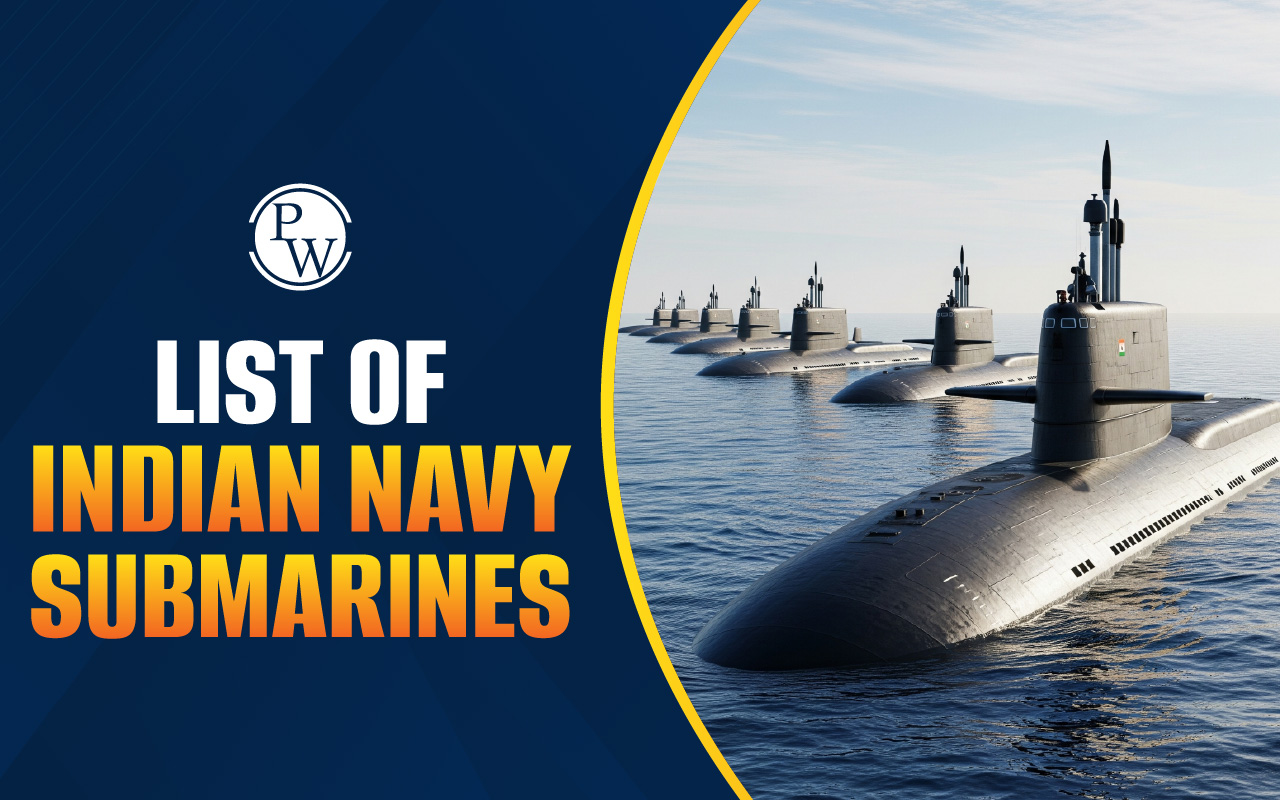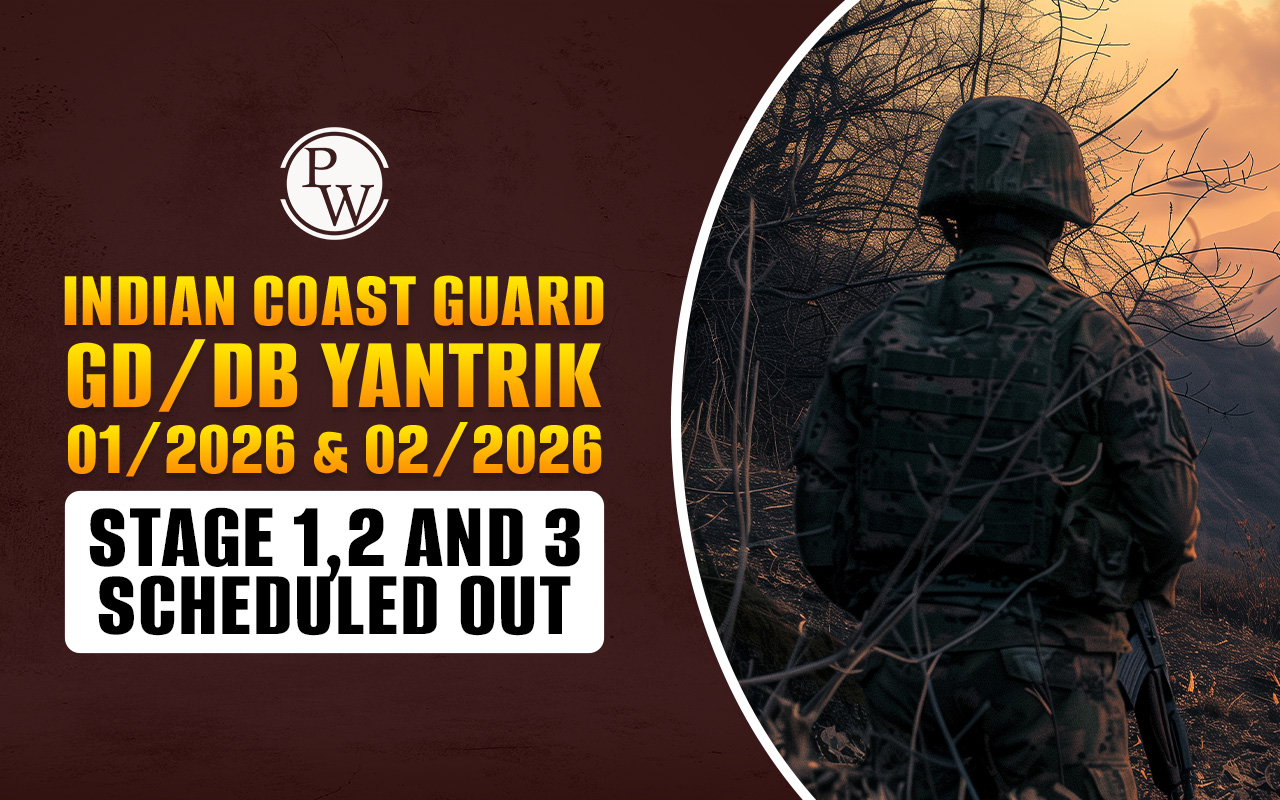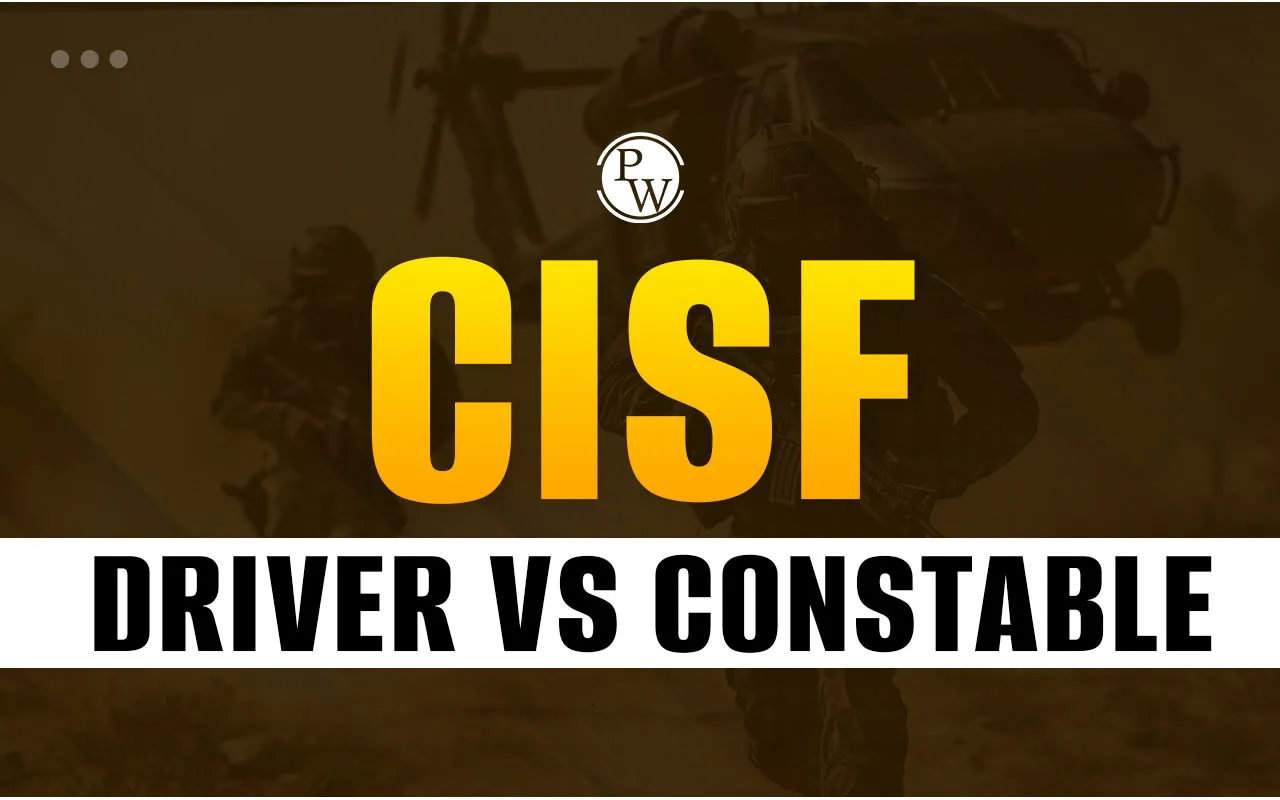
CISF Driver Vs Constable: The Central Industrial Security Force (CISF) is a crucial paramilitary force in India, providing security to major industrial units, government infrastructure, and sensitive installations. Among the various posts in the CISF, the roles of CISF Driver and CISF Constable stand out as essential positions within the force. Both positions have unique responsibilities, salary structures, and career growth opportunities. Read an in-depth comparison of CISF Driver vs. Constable, outlining their roles, salaries, and the key differences between them.
CISF Driver Vs Constable Overview
Understanding the basic overview of both roles is essential for aspirants before making a decision. While both positions are significant, they involve different duties and responsibilities. A CISF Driver primarily focuses on transportation tasks, while a CISF Constable is responsible for maintaining security at various critical locations.
CISF Driver
A CISF Driver is responsible for the safe transportation of personnel, equipment, and materials using government vehicles. They are essential to the logistical operations of the force, ensuring timely movement across different locations. Candidates applying for this role must possess a valid driving license and experience in handling various types of vehicles, including heavy and light motor vehicles.
Role of a CISF Driver
The role of a CISF Driver is not limited to driving alone. Drivers play a crucial role in the operational success of the force by ensuring the timely movement of personnel and resources. Their responsibilities extend to managing vehicle maintenance and providing support during emergencies.
Key duties of a CISF Driver include:
-
Transporting officers, personnel, and essential equipment safely.
-
Performing routine checks to ensure vehicle safety and compliance.
-
Assisting in the deployment of security forces during emergencies.
-
Managing fuel usage and maintaining vehicle cleanliness.
Additionally, CISF Drivers may be required to assist in critical missions where prompt transportation is necessary. Their presence becomes invaluable in ensuring the mobility of security forces.
CISF Driver Eligibility Criteria
To apply for the CISF Driver position, candidates must meet specific educational, physical, and technical qualifications. The eligibility criteria ensure that candidates possess the necessary skills to perform their duties efficiently.
Key eligibility requirements for CISF Driver:
-
Educational Qualification: Must have passed Matriculation (10th) from a recognized board.
-
Driving License: Possess a valid driving license for Heavy Motor Vehicles (HMV) or Transport Vehicles.
-
Experience: Minimum 3 years of experience in driving heavy motor vehicles.
-
Age Limit: Generally between 21 to 27 years. Age relaxation applies to reserved categories.
-
Physical Standards: Must meet the prescribed height, chest, and eyesight standards as per CISF guidelines.
CISF Constable
A CISF Constable functions as the backbone of the force, ensuring the security of industrial units, airports, government buildings, and other sensitive installations. Their role involves patrolling, maintaining law and order, and responding to security threats. This position demands physical fitness, resilience, and the ability to handle stressful situations effectively.
Role of a CISF Constable
A CISF Constable is a frontline security professional responsible for maintaining law and order. Their role involves patrolling, monitoring surveillance systems, and responding to any security threats. CISF Constables are often stationed at high-security zones where vigilance is essential.
Key duties of a CISF Constable include:
-
Guarding sensitive government establishments and infrastructure.
-
Conducting security checks and screening visitors.
-
Preventing and responding to unlawful activities.
-
Coordinating with other security forces in case of emergencies.
In times of natural disasters or riots, CISF Constables are deployed for rescue and relief operations. Their dedication to ensuring public safety makes them a critical part of national security.
CISF Constable Eligibility Criteria
The eligibility criteria for the CISF Constable role focus on physical fitness and educational qualifications. Candidates must demonstrate the capability to handle security duties in challenging environments.
Key eligibility requirements for CISF Constable:
-
Educational Qualification: Passed Matriculation (10th) or equivalent from a recognized board.
-
Age Limit: Typically between 18 to 23 years. Age relaxations are applicable for SC/ST/OBC and other categories.
-
Physical Standards: Must meet specific height, chest, and weight standards as per CISF norms.
-
Medical Fitness: Candidates should have good vision and overall physical health, qualifying through a medical examination.
Difference Between CISF Driver and CISF Constable
The difference between CISF Driver and CISF Constable lies in their operational roles, responsibilities, and work environments. While both positions are vital to the security structure, their contributions are distinct. Here is a detailed table highlighting the Difference Between CISF Driver and CISF Constable:
|
Difference Between CISF Driver and CISF Constable |
||
|
Aspect |
CISF Driver |
CISF Constable |
|
Primary Role |
Responsible for driving and maintaining official vehicles for the transportation of personnel, goods, and materials. |
Responsible for maintaining security, patrolling, and ensuring law and order at assigned locations. |
|
Work Environment |
Operates in transport stations, roads, and highways. May travel across regions for transportation duties. |
Stationed at sensitive locations like airports, industries, or government premises for security operations. |
|
Skills Required |
Must possess a valid Heavy Motor Vehicle (HMV) and Light Motor Vehicle (LMV) driving license with experience. |
Requires physical fitness, knowledge of security protocols, and basic combat training. |
|
Training Focus |
Specialized training in driving, vehicle maintenance, and emergency vehicle operation. |
Comprehensive physical training, arms handling, combat tactics, and law enforcement skills. |
|
Key Responsibilities |
|
|
|
Emergency Response Role |
Assists in transportation during evacuation and rescue missions. |
Direct involvement in emergency situations, law enforcement, and disaster management. |
|
Operational Scope |
Primarily focused on the transportation of CISF personnel and logistics. |
Engaged in active security operations, crowd management, and public safety enforcement. |
|
Physical Fitness Requirement |
Moderate fitness is required for driving and loading/unloading responsibilities. |
High level of physical fitness and endurance is required for patrolling, security enforcement, and combat training. |
|
Salary and Allowances |
₹21,700 - ₹69,100 (Pay Level 3) + applicable allowances (e.g., transport allowance, driving allowance). |
₹21,700 - ₹69,100 (Pay Level 3) + applicable allowances (e.g., risk allowance, security duty allowance). |
|
Promotion Opportunities |
Can advance to Senior Driver, Head Constable (Driver), and other supervisory roles. |
Opportunities to rise to Head Constable, Assistant Sub-Inspector (ASI), and further up the ranks. |
|
Job Challenges |
Driving in adverse weather conditions and ensuring vehicle safety. |
Managing high-pressure situations, handling security threats, and ensuring public safety. |
|
Best Suited For |
Candidates with excellent driving skills and knowledge of vehicle mechanics. |
Candidates with strong physical stamina, vigilance, and dedication to public service. |
|
Career Growth Prospects |
Steady promotions within the driver cadre with additional allowances. |
Broader career progression with opportunities to enter specialized security units. |
|
Job Satisfaction |
Ideal for individuals passionate about driving and logistics management. |
Best suited for individuals committed to national security and law enforcement. |
CISF Driver Vs Constable Salary Comparison
When it comes to remuneration, both positions are offered competitive salaries under the 7th Pay Commission. The CISF Driver Vs Constable Salary Comparison shows that the pay scale for both posts is similar, though allowances and benefits may vary.
CISF Driver and Constable Salary Structure
-
Basic Pay: ₹21,700 - ₹69,100 (Pay Level 3)
-
Grade Pay: ₹2,000
-
Allowances:
-
Dearness Allowance (DA)
-
House Rent Allowance (HRA)
-
Transport Allowance (TA)
-
Risk and Hardship Allowance
-
Gross Monthly Salary: ₹30,000 - ₹40,000 (Including allowances)
While both receive similar pay, CISF Drivers may receive additional vehicle-related allowances depending on the nature of their duties.
Which is the Better Option Between CISF Driver Vs Constable?
The decision between CISF Driver vs. constable largely depends on individual preferences, qualifications, and career aspirations. Both positions offer stable career growth and opportunities for promotions.
-
If you have strong driving skills and enjoy operating vehicles, becoming a CISF Driver is a suitable choice. It provides opportunities to contribute to logistics operations and play a crucial role in transportation.
-
If you are physically fit, passionate about ensuring public safety, and prefer active security duties, a CISF Constable role is ideal. This position offers hands-on experience in maintaining law and order.
CISF Driver Vs Constable FAQs
Q1. What is the primary difference between CISF Driver and CISF Constable?
Q2. What is the role of a CISF Driver in the force?
Q3. What are the responsibilities of a CISF Constable?
Q4. How does the CISF Driver Vs Constable salary compare?
Q5. Which position is better CISF Driver or CISF Constable?
Q6. What is the eligibility for CISF Driver and CISF Constable?

